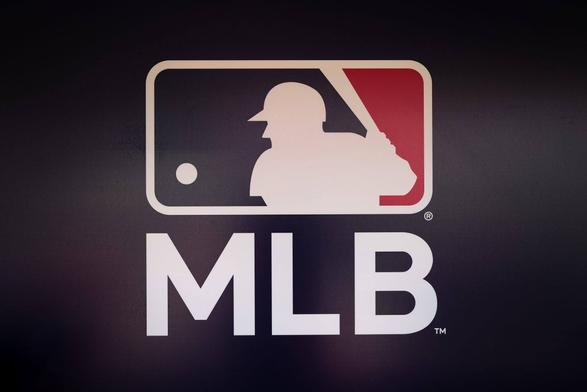2025-11-13 20:06:05
A look at outlets in Belgium and France that are prioritizing independence from Big Tech and opting for open source or in-house software (Owen Huchon/Columbia Journalism Review)
https://www.cjr.org/tow_center/editorial-independence-means-technologic…

